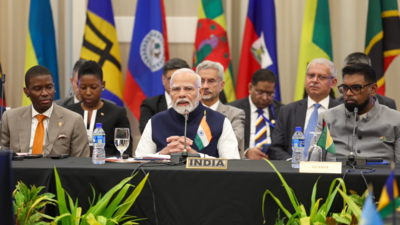JAKARTA (Reuters) : Indonesian authorities plan to inspect grocery store shelves to check compliance with a law requiring halal labels on food items from Friday, officials said, although some importers and restaurants face hurdles in complying. The world’s biggest Muslim-majority country adopted a measure in 2014 requiring the labeling of restaurants and food products, setting an Oct. 17 deadline to ensure items are suitable for consumption under Islamic law.
While most businesses in the nation of 280 million have complied, along with some major global food producers, others say they need more time. “They (some members) want to be part of Indonesia’s strong market for halal products, but are still encountering complex supply chains and lack of clear guidelines,” said Lydia Ruddy, managing director of the American Chamber of Commerce. “These potentially can lead to trade disruptions and higher costs,” she told Reuters, adding that AmCham was in talks with the government on the matter.
She called for more foreign certifiers to speed the inspection of products and raw materials abroad so as to help the affected AmCham members. The law requires products or restaurants without the certification to declare they do not comply with Islamic law, a step that could hit sales. Islamic law prohibits the consumption of pork or intoxicants such as alcohol, while meat can only be eaten if the animals are slaughtered by prescribed methods.
The halal certifying body BPJPH has asked.

















